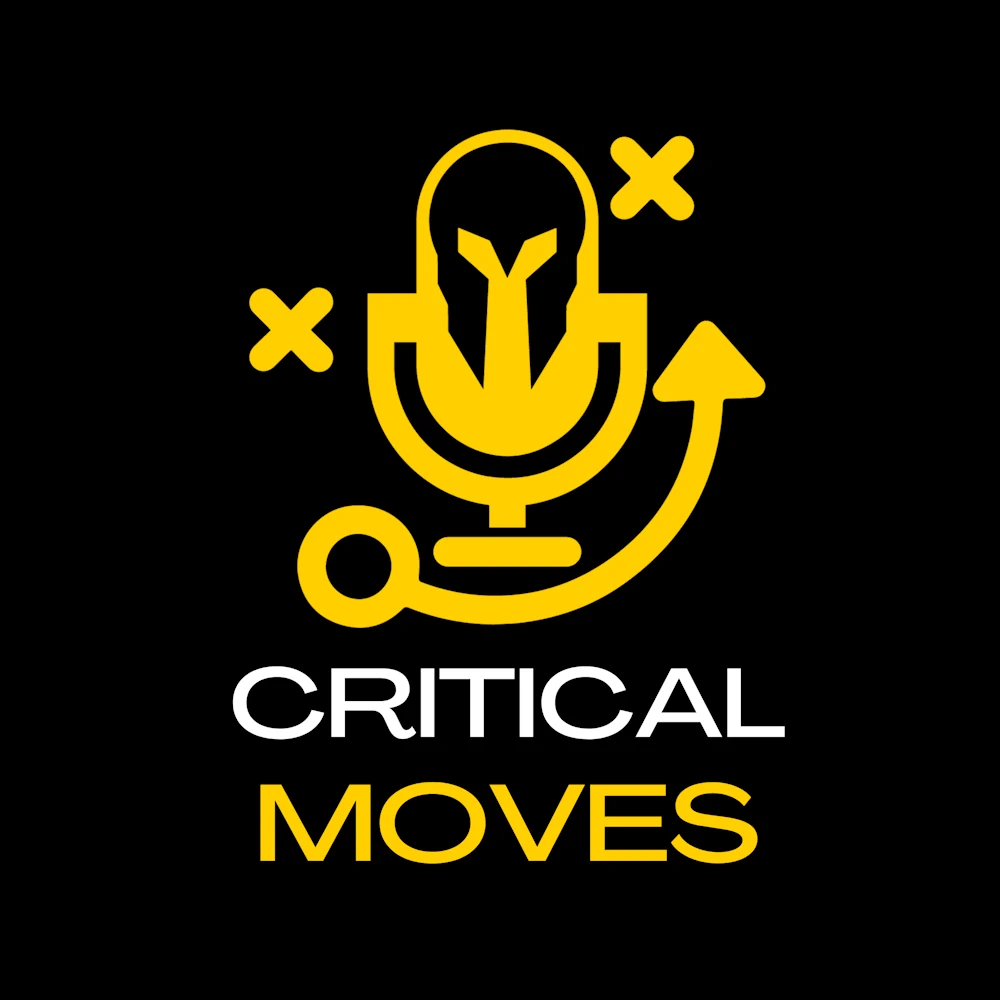The conversation starts with the Paradox beast that is Victoria 3. Tim and Adam have clearly lost dozens of hours to it already, while Joe shares his obsession with playing smaller, underdog nations. There’s plenty of banter about Japan, Belgium, Haiti, Ethiopia and about how these nations let you impose your own stories and challenges. The group agrees: the real hook isn’t conquest. It’s the numbers. Big numbers. Going up. That’s the drug.
They talk multiplayer, historical quirks, and the emergent chaos that happens when friends start colonising random regions and accidentally dragging each other into global conflicts. The ‘Outlaw Prince’ trick with Ethiopia even gets a shout, offering a neat little power hack for regular players. The group also covers how the game has improved post-launch, and how mods like the fantasy-based Anbennar or a Byzantine Greece playthrough have extended its life.
Distant Worlds: Universe – The most complicated game you’ll never finish
Tim takes the reins to talk about Distant Worlds: Universe, and immediately sets the tone: it’s complex, opaque, but rewarding once it clicks. The scale is staggering. Micromanagement, ship design, automation, diplomacy, research—it’s all here. Joe admits he’s installed it multiple times, only to bounce off in confusion. But Tim makes the case that it’s actually one of the most flexible grand strategy experiences out there. You can automate everything but one system, focus only on what interests you, and still build a functioning empire.
There’s praise for how the game lets you scale your galaxy, roleplay your species, and create oddball fleets with strange tactics. And yes, there’s criticism of Distant Worlds 2. While it looks prettier in 3D, the group agrees it’s still not where it needs to be in terms of features or performance. For now, the original remains the recommendation—for better or worse.
Football Manager – Spreadsheet madness, with heartbreak built-in
Next up: Football Manager. Joe makes a convincing case for it being a life-destroying masterpiece. Despite not being a football fan at first, he was drawn in by an old Reddit post about a player managing San Marino into greatness. From there, he was hooked. The conversation shifts from tactics and scouting to journeyman careers, obscure clubs, and how Football Manager quietly teaches you economics, resource management, and the agony of long-term planning.
Tim and Adam quiz him on how the game works, why it’s addictive, and whether it has multiplayer appeal. Joe’s answer? Yes, especially if you like underdog stories, managing budgets, and the kind of progression arcs that only exist in games where nothing explodes and everything is quietly falling apart behind the scenes.
Anno 1800 – Industry, islands, and inevitable collapse
Tim wraps things up with a love letter to Anno 1800, a city builder wrapped in a logistics simulator. Set in the same era as Victoria 3, it zooms all the way in. You build homes, factories, ports, and trade routes across dozens of islands. It’s beautiful, detailed, and according to Tim, absolutely brutal when your supply chain breaks and your entire economy grinds to a halt.
Naval combat, wind mechanics, and pirate raids add pressure, while the production chains force you to think three steps ahead. Joe and Adam are immediately intrigued, Joe especially, as someone who enjoys complexity and long-term planning. The group talks about performance issues in late-game scenarios, and how Anno 1800 rewards players who embrace micromanagement without letting it overwhelm them.
One more turn, one more hour
This episode’s theme is clear: these games don’t ask for your time, they take it. But everyone here agrees they’re worth it. They each offer a different kind of obsession. Victoria 3 hooks you with systemic storytelling. Distant Worlds traps you in a sandbox of infinite levers. Football Manager makes spreadsheets feel like stories. Anno 1800 dazzles with industry and beauty, right before everything collapses.
All of them are brilliant. All of them are dangerous. Proceed accordingly.
Listen on Spotify, Apple Podcasts, Amazon Music, or search your alternative preferred podcast provider.
Ahh, we’re on YouTube too!
Discover more from Critical Moves Podcast
Subscribe to get the latest posts sent to your email.

